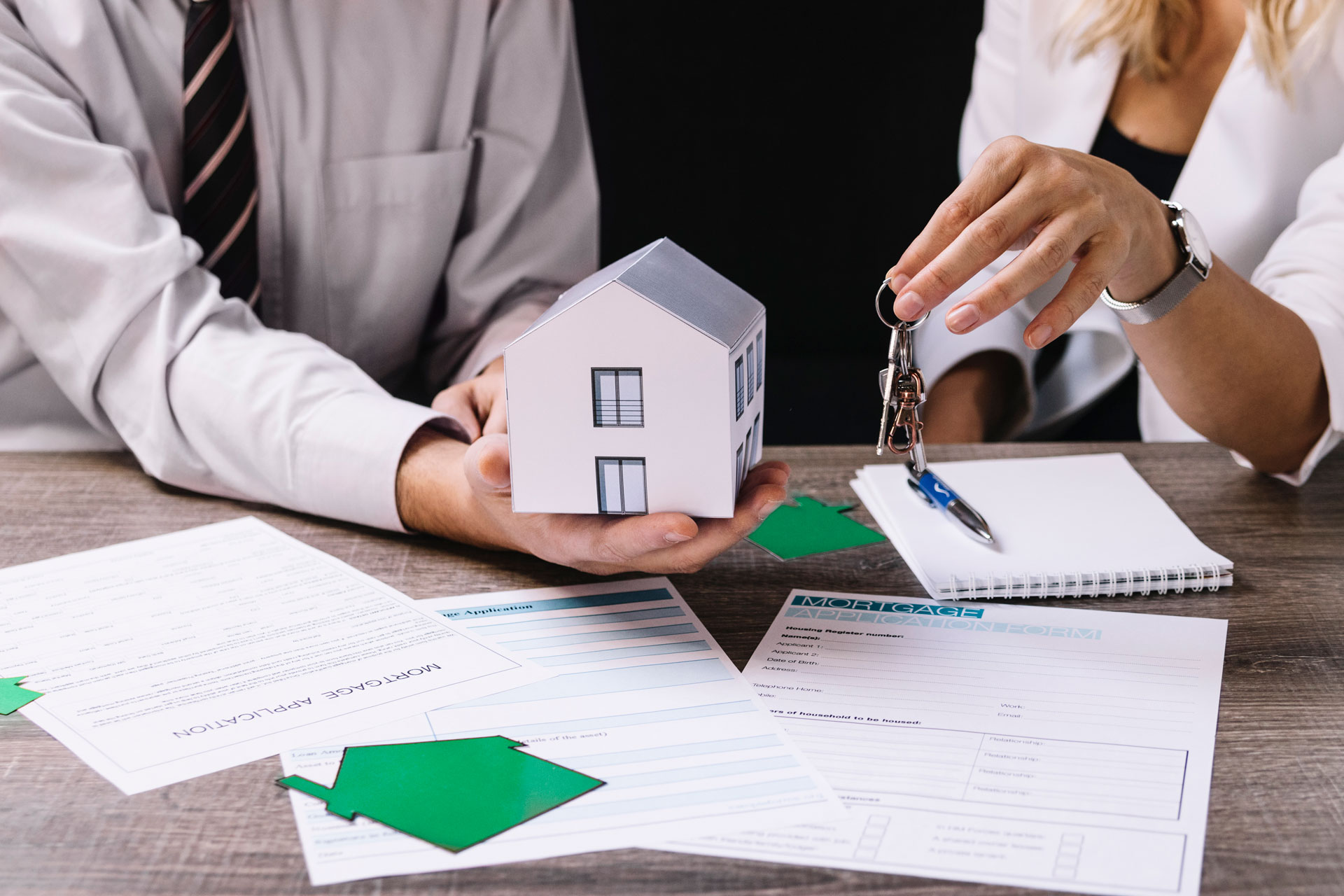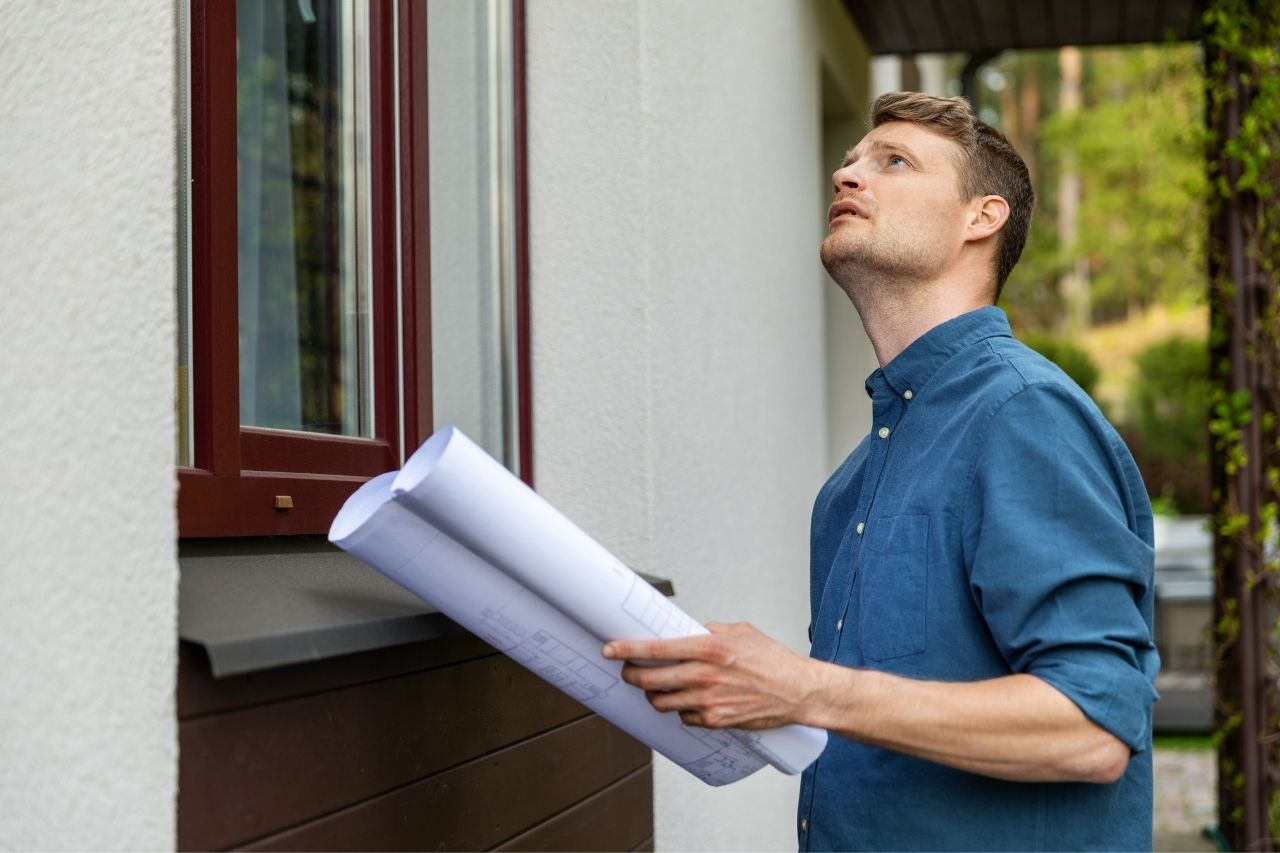Things you should know before buying a house
Finding the right home is a process that can take months and even years. It’s no surprise then to find out that many people make mistakes when looking for their dream home. This article will go over some of the most common mistakes made in this process, and how you can avoid them. The first mistake people make is not doing enough research on neighborhoods before they move there. You may think moving into a new neighborhood without any idea about where it’s located or what kind of environment it has would be fine, but in reality, these are both things you should know about before making any decisions on real estate agents or homes to purchase within the area. A lot of neighborhoods have different types of crime rates than others- some may have higher rates of vandalism and theft, while others may have a higher rate of dangerous pedestrian traffic. You should make sure you know what types of crimes are most common in the area as well as how often they happen. If you’re worried about some areas being unsafe or dangerous, then those will not be good communities to live in.
Research the area you want to buy in
There are many things to take into consideration when you’re looking for a new home. Location, size, and price are all important factors in finding the perfect house. However, there is another factor that should not be overlooked: safety. The neighborhood where you live can have a major impact on your quality of life and security. It’s better to take some extra time at the beginning of your search to research crime rates in various areas rather than regretting it later down the line once you’ve found a place that seems great but has terrible neighbors or high crime rates nearby. There are plenty of apps out there with information about neighborhoods from real estate professionals so don’t hesitate to ask for help!

Know your budget and mortgage options
Buying a house is the biggest investment most people will ever make and it can be an extremely scary process. But with some basic knowledge, you’ll find that there’s nothing to fear. Know your budget and mortgage options. Before looking at homes, you should know your monthly price range, down payment requirements, credit score, employment status/history/income expectations, etc. Your loan officer can help to determine these numbers once you give them some basic information about yourself. A good loan officer can also give you some insight into what lenders/mortgage programs may be available to you. You don’t want to find the house of your dreams and then realize that you don’t qualify for the loan amount or mortgage rate that will let you buy it. Get pre-approved by a lender so that when it’s time to go shopping, you’ll have a good estimate of how much home you can afford.
Figure out how much home you can afford
The sky is the limit when you’re thinking about buying a house. You can get anything from a cheap starter home to an extravagant mansion. If you are looking for your first home, keep in mind that the more expensive homes come with higher taxes and mortgage rates. It’s important to figure out how much home you can afford before jumping into the market. But don’t stop there! Once you have narrowed down what kind of property suits your needs best, start shopping around for loans and mortgages, which will help determine just how big of a budget you’ll need to work with each month on paying for all those utilities, upkeep costs, and other expenses that come along with homeownership.
Get pre-approved for a mortgage loan before looking at homes
It is important to get pre-approved for a mortgage loan before looking at homes. This will help you save time and find the home that best suits your needs, all while staying within your budget. There are many benefits to getting pre-approved, including knowing how much money you can spend on a home without going over budget; saving time by only seeing properties with an asking price close to what you can afford; not wasting time on homes outside of your price range or area preferences; having more options available because sellers know they’ll be able to sell their property faster if it’s priced near what buyers are willing to pay. It’s common for sellers to know they’ll be able to sell their property faster if it’s priced within what buyers are willing to pay. To this end, there are many benefits to getting pre-approved before looking at homes! That will help you do all that you need quicker and easier than ever before.
Inspections are important - make sure they don't cost too much or take too long but do them!
Buying a house is one of the most important decisions in life. Many different factors come into play when deciding to purchase a home, including location, size, price, and style. Inspections are critical; make sure they don’t cost too much or take too long, but do them! Ask friends who have just purchased a home if they would be willing to give you a copy of their inspection report at no charge as one method to lower costs for an inspection. If you’re unhappy with the cost of inspections, consider hiring private inspectors rather than public ones, which may be more expensive and time-consuming than necessary. The purpose of a private home inspection is to provide an accurate, professional assessment of the house and its systems at the time of inspection. This type of home inspection utilizes specialized tools, equipment, and knowledge proficient in various areas, such as plumbing, electrical wiring & installations, or roofing materials.
Find out about schools in the area if you have kids or plan on having kids soon (or both!)
Finding the perfect house is a daunting task. There are many things to consider, and sometimes it’s hard to know where to start. One of the first questions you should ask yourself is how close you want your new home to be from schools if you have children or plan on having kids soon (or both!). The type of school will depend on what type of education system you prefer. For instance, if you like public schools, make sure there are at least two in your area that offers elementary through high school grades. If private schools are more your style, find out which ones are in your desired neighborhood; some charge tuition while others do not! If only one or no private schools exist nearby then they might be able to provide you with a list of local Catholic schools—that’s what we did when we were looking for a house in the area. When researching for your ideal neighborhood, don’t forget to investigate the closest hospitals and other healthcare facilities! This goes back to how close you want your home to be from these types of facilities just in case an emergency arises. Another great idea is talking to neighbors about where they go for their medical needs. And if walking or commuting 10 minutes one way just isn’t enough, don’t forget to see if there are any public transportation options in the area.


